"To understand the extent to which the skills taught in education systems around the world are changing, and whether they meet the needs of employers and society more widely, Google commissioned research from The Economist Intelligence Unit (EIU). The EIU surveyed senior business executives, teachers and students."
|
|
Scooped by Beth Dichter |
What skills do learners need today to be prepared to be a leader as they move through school and into careers? Google commissioned a study and this post provides a short video that discusses key findings as well as a link to the final report, Driving the Skills Agenda: Preparing Students for the Future.
The Executive Summary provides a number of key findings, including the ones listed below. (The text below is quoted from the report.)
* Problem solving, team working and communication are the skills that are currently most in demand in the workplace.
* Education systems are not providing enough of the skills that students and the workplace need.
* Some students are taking it into their own hands to make up for deficiencies within the education system.
* Technology is changing teaching, but education systems are keeping up with the transformation rather than leading it.
The full report provides additional information, including a number of visuals as well as case studies. As educators it is important that we consider the skills our learners will need in the future, and this report provides insight into some of what will be needed.



 Your new post is loading...
Your new post is loading...
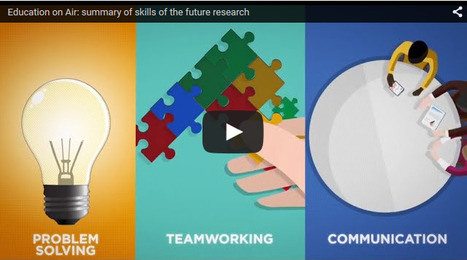

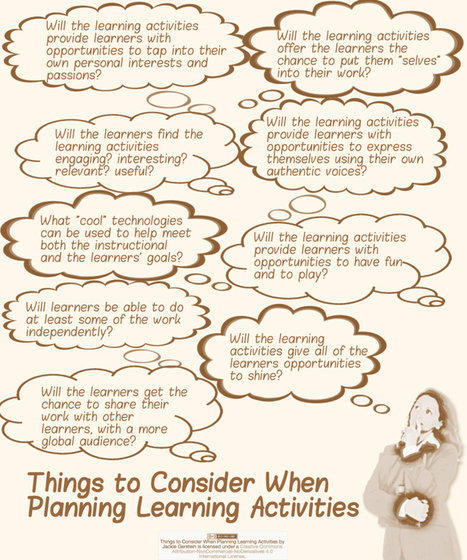



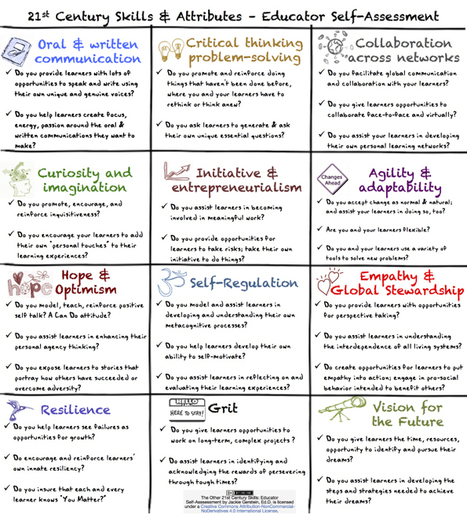




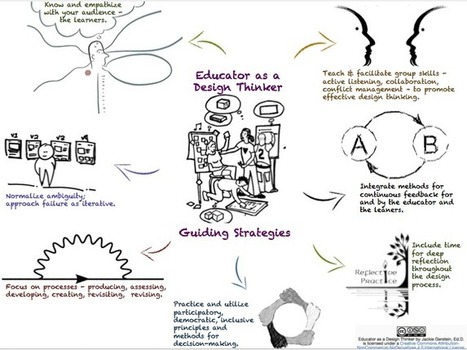


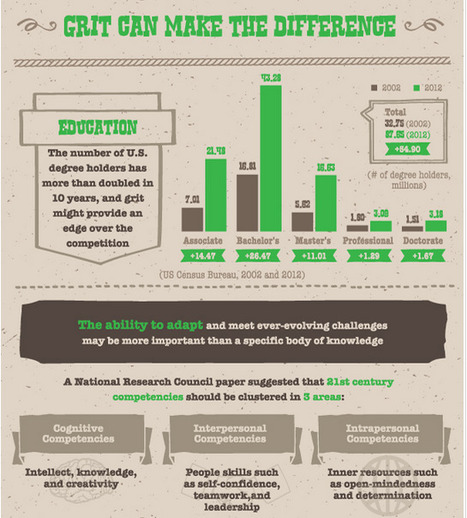
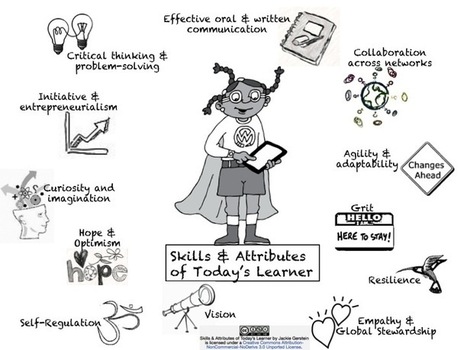
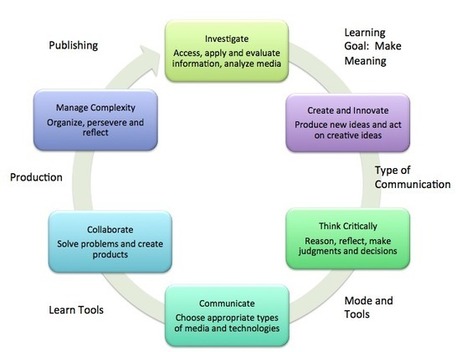
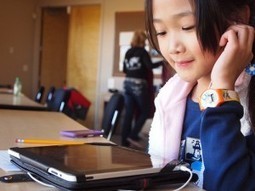
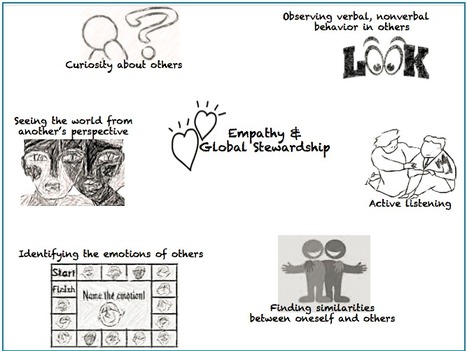

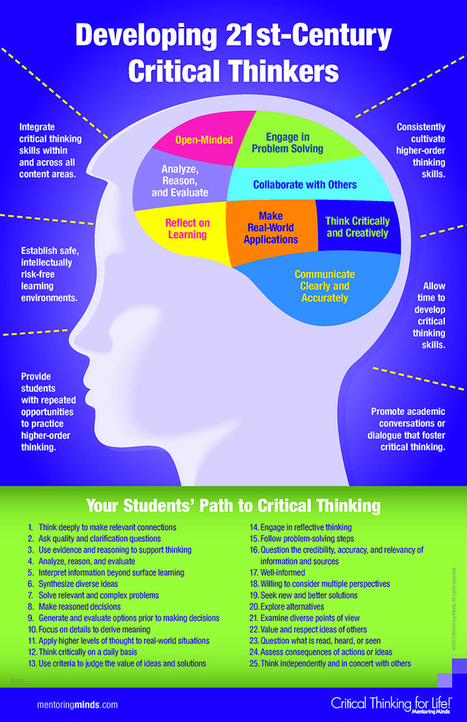

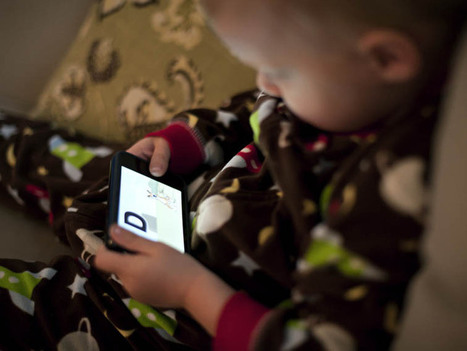


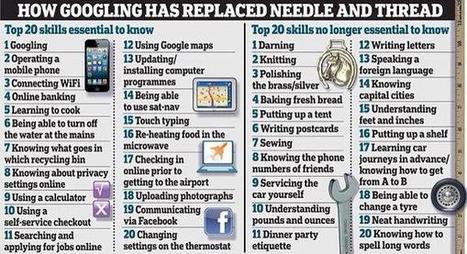



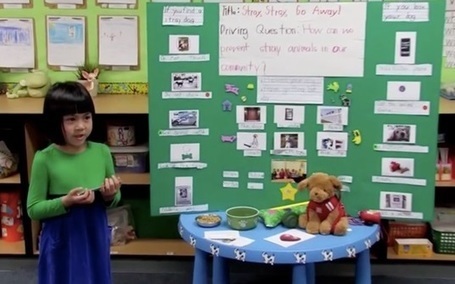
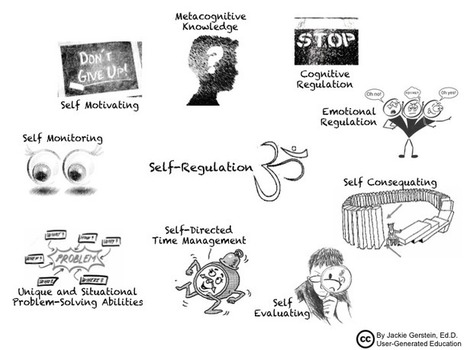

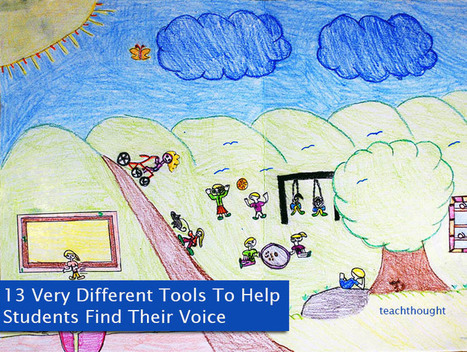


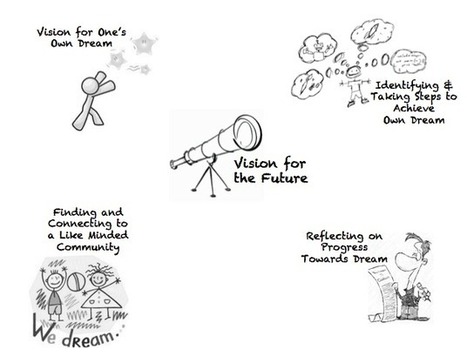
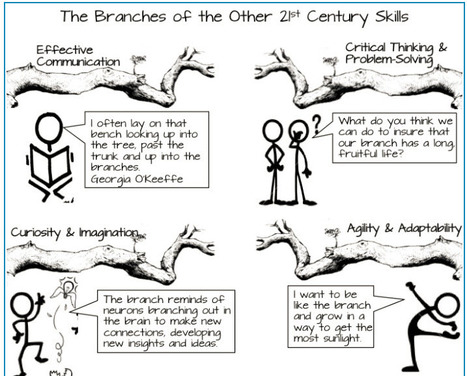



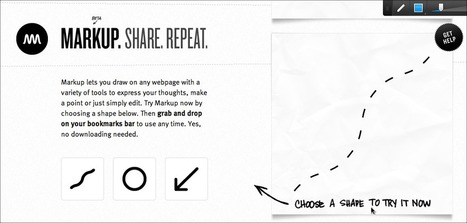



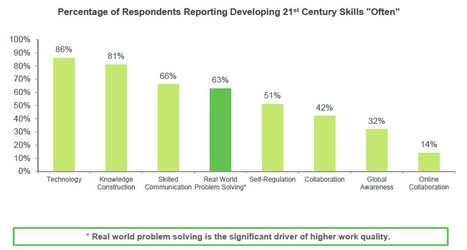







Muy bueno!!!!
Preparing our students with the necessary skills for post-secondary career and college is critical, but especially for our poverty students. Too often, school is the only venue to provide these thinking, collaboration, and problem solving skills. However, many poverty schools under the pressure of standardized testing are stuck in a remediation routine of filling gaps in content, reading, and math. We must provide time for teachers to collaborate and plan integrated lessons that integrate these higher level thinking skills into their content areas.
What skills do learners need today to be prepared to be a leader as they move through school and into careers? Google commissioned a study and this post provides a short video that discusses key findings as well as a link to the final report, Driving the Skills Agenda: Preparing Students for the Future.
The Executive Summary provides a number of key findings, including the ones listed below. (The text below is quoted from the report.)
* Problem solving, team working and communication are the skills that are currently most in demand in the workplace.
* Education systems are not providing enough of the skills that students and the workplace need.
* Some students are taking it into their own hands to make up for deficiencies within the education system.
* Technology is changing teaching, but education systems are keeping up with the transformation rather than leading it.
The full report provides additional information, including a number of visuals as well as case studies. As educators it is important that we consider the skills our learners will need in the future, and this report provides insight into some of what will be needed.